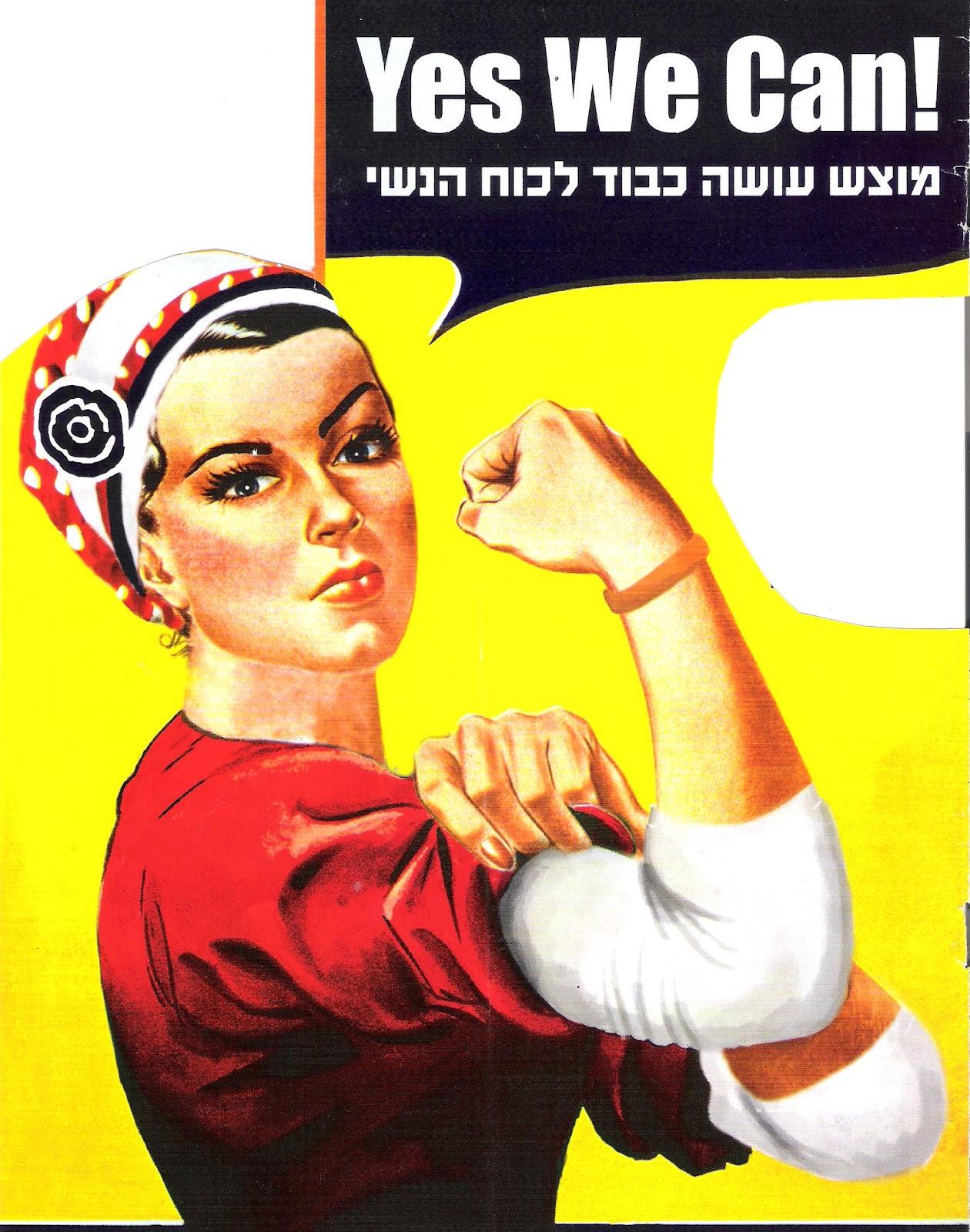 Whenever I talk with my friends about feminism, women entering the rabbinate nearly always comes up. “But why do they have to be rabbis?” my friends often ask. “Why can’t they just be rebbetzins [rabbis' wives]? Or do something else with their lives? I just don’t get the point,” they say.
Whenever I talk with my friends about feminism, women entering the rabbinate nearly always comes up. “But why do they have to be rabbis?” my friends often ask. “Why can’t they just be rebbetzins [rabbis' wives]? Or do something else with their lives? I just don’t get the point,” they say. The point is to give women the opportunity to synthesize their leadership skills and love of Judaism. If a woman has the ability and desire to lead a Jewish community and does so within the parameters of halakha (Jewish law), why should she be held back? It is a waste to let women whose talents would be best utilized in the clergy pursue a different career path.
Additionally, it’s crucial that children see women in leadership positions within the religious sphere. If we want to inspire young girls to develop a deeper connection to God and improve their religious performance, they must be shown that their participation in the religious world matters. Seeing members of their own sex in the synagogue leadership will certainly make that clear. Boys also need to see women in leadership roles. It is imperative that they are be able to recognize that women’s contributions matter, even if they’re on the other side of the mehitzah(divider between the sexes). How can we expect men to respect women if they’ve never been raised to do so?
It would be a busha (embarrassment) to stifle the voices of half of the Jewish population. In a world where assimilation is on the rise, it has never been more important to ensure that those Jews who want to be heard can be. History has silenced womankind enough. In this enlightened day and age, how can we continue to commit this heinous crime?
Women in leadership positions also make women feel more comfortable and willing to ask questions about sensitive religious topics. I know a breast cancer survivor who is an active member in her Jewish community, but is not extremely religious. She told me she was scheduled to have surgery when a halakhic question arose. She felt extremely awkward explaining the situation to a male rabbi, so she was reluctant to call one for advice. She then remembered that there was a woman rabba at the Hebrew Institute of Riverdale, an Orthodox synagogue. She called Rabba Hurwitz for halakhic advice, and everything was easily resolved. (Thank God, she’s doing well now.) Had this woman not had a Rabba Hurwitz to call, she could have gone through the halakhically questionable operation without rabbinic advice and felt guilty about it for the rest of her life, or spoken to a male rabbi and felt embarrassed. Women shouldn’t have to make that choice, especially when the solution is so simple.
Although my friends usually come into the conversation unable to comprehend why nice, frum (Orthodox) girls would want to enter the rabbinate, I certainly hope they leave the discussion slightly more enlightened. They don’t have to agree with me at the end of the day; Judaism is very fluid, and no two people must come to the same conclusion regarding the interpretation of halakha. I just hope they can understand why women may want to choose the rabbinate or a religious leadership role.

